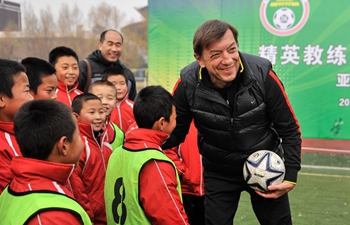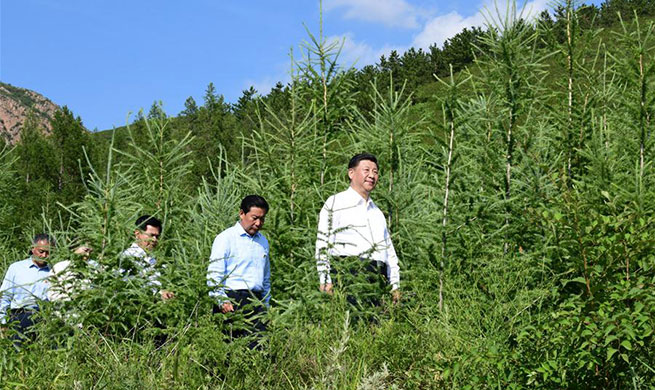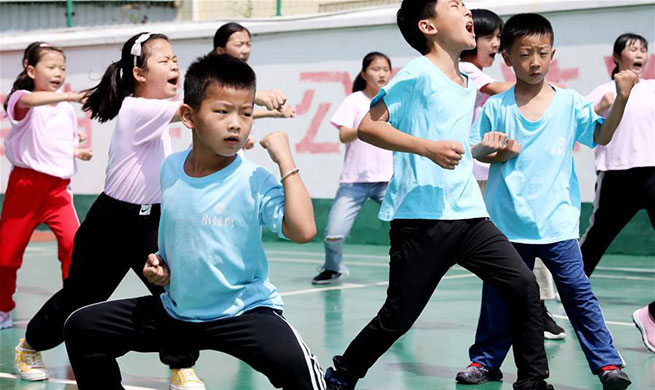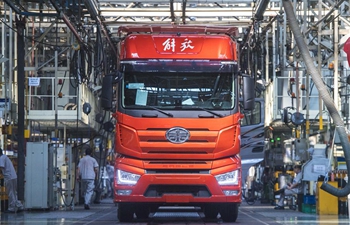NANJING, July 16 (Xinhua) -- Gao Yugen, a 79-year-old knife sharpener, is one of many old-timers that are well-known among the generation of the 1980s and 1990s.
Wandering around with a beaten-up toolbox, Gao was recognized for his clear voice while yelling "knife-sharpening" throughout a village in the city of Wuxi, east China's Jiangsu Province. Now the job has almost vanished.
"Modern knives have become better and better and I was left with nothing to do, so I just quit," said the old man.
The once-popular occupation was even removed from the official dictionary of occupational titles published in 1999.
The disappearance of these old jobs is a mirror of the development of the country over the past decades.
"Repairing broken things was the first thing that came to our mind in the old days, so even fixing a bowl or a pot can become a profession," said Gao Yong'an, associate professor at Renmin University of China.
In 1978, China started the reform and opening-up process, kickstarting the country's transformation from a centrally-planned economy into a market economy. A range of old occupations, such as grain and oil managers are becoming obsolete.
Industrialization, the fast evolution of technology as well as increased incomes have also weeded out many outdated professions, such as pager operator, pen menders, as well as peddlers who walk through the streets carrying various goods on shoulder poles. Now many of them have become deliverymen, Taobao customer service staff or migrant workers.
Some occupations have transformed, as what Wu Xiuping has experienced. Wu, from east China's Jiangsu Province, was a nanny. Now her title has been changed to a childcare professional, who is trained to provide modern childcare services rather than using their own experiences.
"The responsibilities of traditional nannies has now split into a variety of new jobs, including domestic worker, and professionals offering childcare or aged care services," said Wu. "The monthly income of some of these occupations can top 10,000 yuan (about 1,455 U.S. dollars), but they are more recognized than traditional nannies."
In harvest seasons, Ren Haishui, from Yuncheng in northern China's Shanxi Province, shuttles between the peach forests to spray pesticides with drones. "Drone flyer" has become a popular job to reduce the workload of peasants compared with using the old-fashioned sprayers, according to Ren.
Ren's occupation was included as one of 13 new professions in a report published by the Ministry of Human Resources and Social Security in April this year.
Most of the new occupations are related to leading technology such as AI, cloud computing and big data, all of which are believed to have promising futures.
Data from the China Academy of Information and Communications Technology showed that the total market for cloud computing in China increased by 39.2 percent to 96.3 billion yuan in 2018 and individuals in this field are among the most popular talents for companies.
"Artificial intelligence is generating an increasing number of promising job opportunities. Courses in related areas such as robot education and programming are also well-received among teenagers," said Lin Zhiyu, who is starting his own business in the area of the Internet of Things.

















